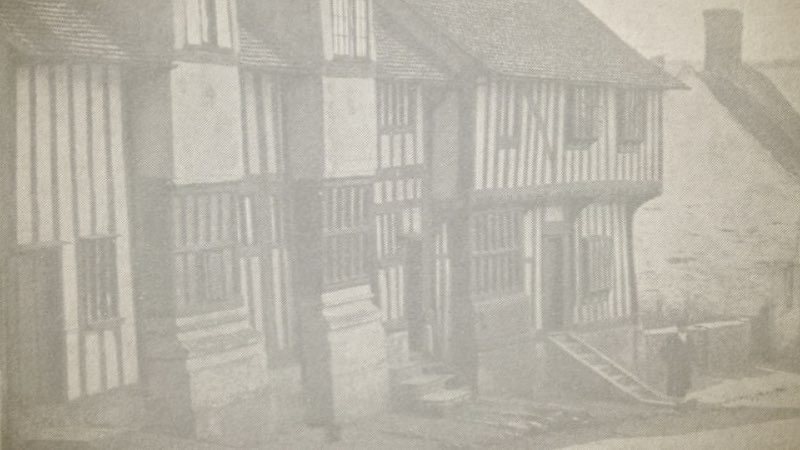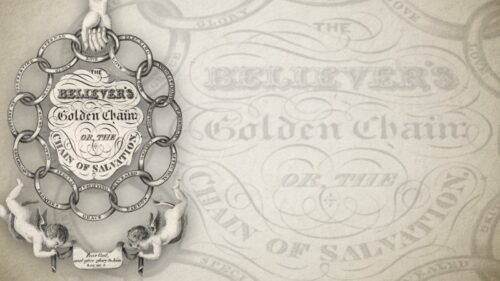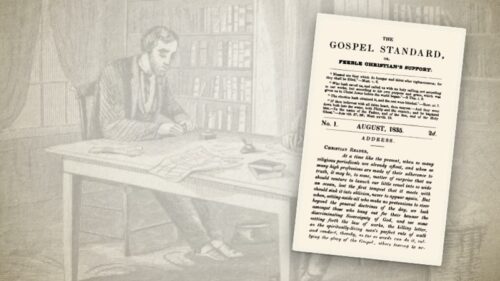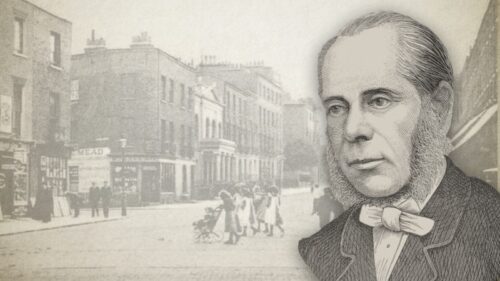-
The Work Of The Holy Spirit
I have lately perused a treatise on the work of the Holy Spirit, not long since published, by Mr. John Howard Hinton, the design of which is to prove that there is in man an inherent power to repent, believe, and perform all the commands of God, without the aid of the Spirit. Mr. Hinton does not, however, deny the necessity of the Spirit’s influence; on the contrary, he goes so far as to allow that no man ever was or ever will be converted, without it. Although the whole of this system is as old as the days of Pelagius, our ingenious author has given it the air of novelty, and adorned it so artfully, that many knowing persons are unwittingly captivated with its…
-
A Defense Of Particular Redemption
I think it right to inform the reader that, some time ago, I was accidentally engaged in a verbal controversy on the nature and extent of the atonement of Christ, with a Baptist minister of some celebrity, residing in Northamptonshire. At parting he earnestly entreated me to read Mr. Fuller’s "Dialogues, Letters, and Essays," which I promised to do. No sooner had I read and pondered that work, than the fallacy of Mr. Fuller’s doctrine, which my friend had espoused, appeared to me in a more striking manner than it had ever done before; and I felt assured that, with a little labor, the speciousness and deceitfulness of Mr. Fuller’s views might be fully made manifest. With this conviction, I determined to attempt a refutation…
-
Jared Smith On Various Issues, The Earthen Vessel, William Styles, A Guide To Church Fellowship (Complete)
Spurgeonism And The Strict And Particular Baptists
Dear Sir,—For some time I have felt the need of a few straight and honest words on this subject, for the instruction both of brethren who are not sentimentally with us; and also of some of the members of our own Churches. The principles which distinguish us as a section of the Baptist denomination seem to be but little known. Our own friends manifest far less determination than they used, in contending for the faith—while hardly a month passes, but I am entreated to advance the interests of brethren holding the late Mr. Spurgeon's creed, by introducing them to some of our vacant pulpits, as if their views and ours were all but identical and our differences were most immaterial and unimportant.
-
3 Hyper Calvinist Quotes
Below are twenty-five more statements made by Hyper Calvinists: J. Hupton: “The faith under consideration is a blessing of the covenant of grace. This you must either admit or deny. If you deny it, you renounce the gospel, which says, that faith is the gift of God. That he chose his people to the belief of the truth; that he gives them on the behalf of Christ, to believe on his name; that when he calls them to believe, it is according to his own purpose and grace given them in Christ, before the world began;---and that, his covenant is ordered in all things, and sure; and, therefore, must include faith. If you admit of it, then you must give up the point in dispute;…
-
A Discourse On The Covenant Of Grace
Some months ago, I was for a short time supplying at York-Street Chapel, in Leicester. Upon one occasion, I spoke there from Psalm 89:34. After the service, a particular friend of mine said the discourse had been profitable to him, and earnestly requested me to write the substance of it when I had leisure, and let him have what I had written, when, with my permission, he would have it published for me. I consented to his kind proposal, and have attended to it as well as I was able. This is what has brought this little piece before the public. Should it be found to contain any doctrinal errors or unscriptural notions, I do not wish any man to spare them; yet I crave…
-
2 Hyper Calvinist Quotes
Below are twenty-five more statements made by Hyper Calvinists: J. Bloomfield: “It affords me no small gratification to meet with so many kind brethren in the ministry, as surround me this evening. I pray that they may be preserved in this dark and cloudy day of error and superstition, when Fullerism and Baxterianism are rapidly extending their baneful influence. I pray we may all take a decided stand again these sentiments; for while we love all who love the Lord Jesus Christ in sincerity, and in truth, it becomes us, as ambassadors, to stand faithful to the truth.” C. Banks: “The Baptist churches in Tring are not in a very flourishing condition. Akeman Street wants a good, full-weight, upright, first-rate pastor; brethren from the different…











